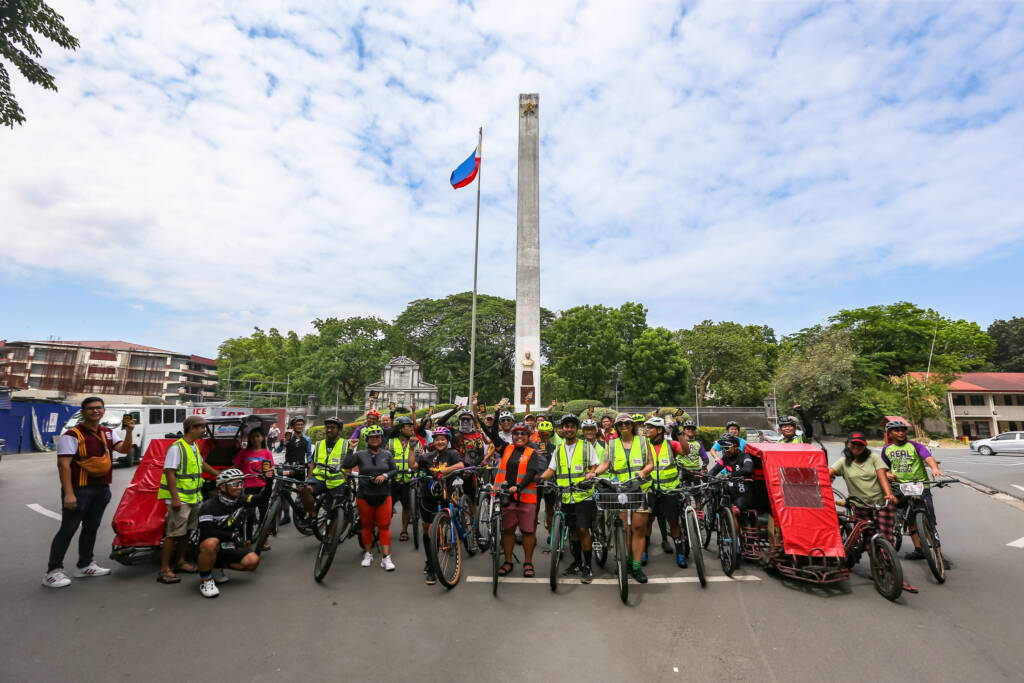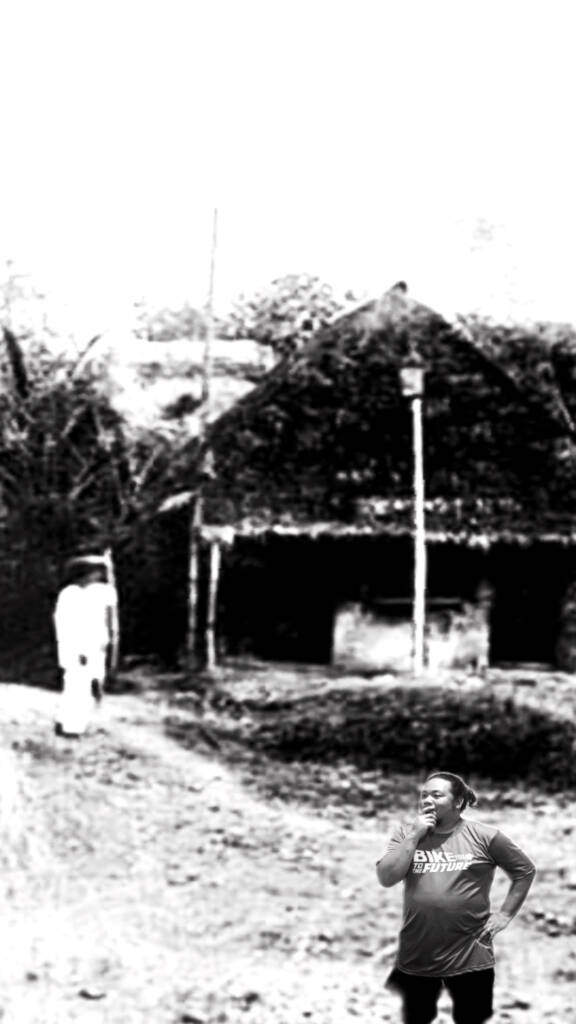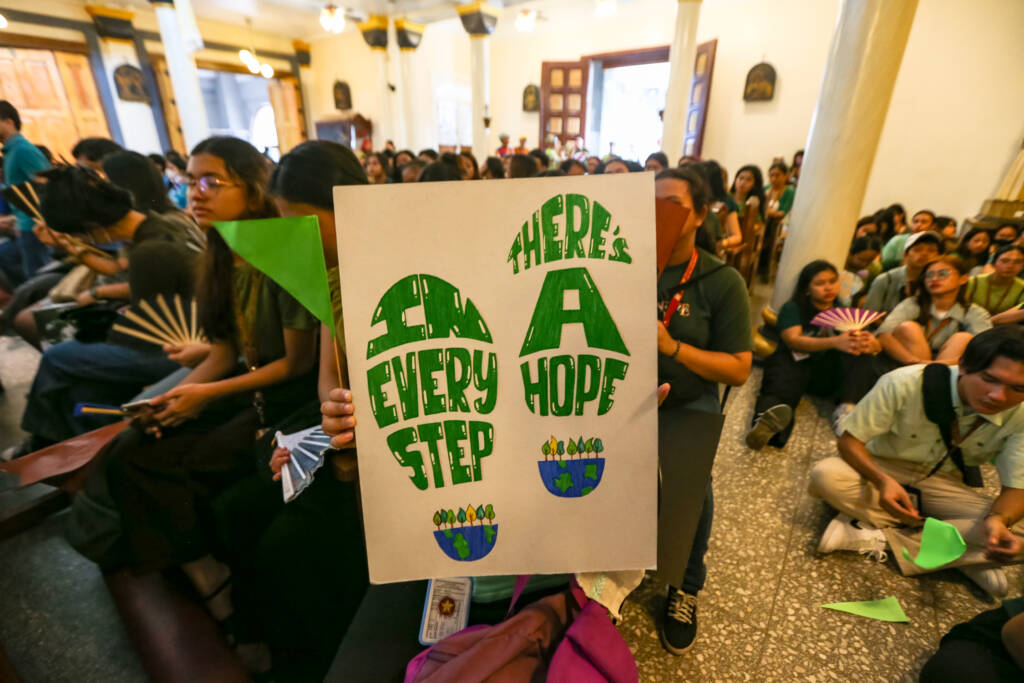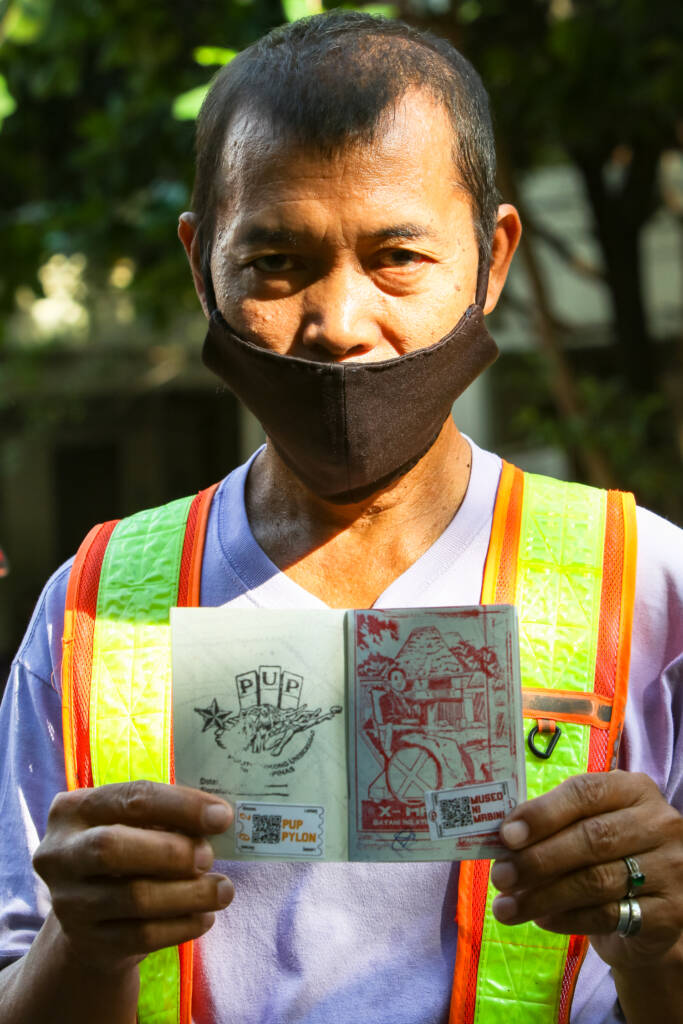Ara Alejo
Today, my alma mater, the Polytechnic University of the Philippines (PUP), launched Sintang Lakbay, a groundbreaking initiative that integrates inclusive mobility, culture, and history, showcasing our commitment to relevance in the face of climate challenges.

PUP marks 120th founding year with climate, mobility, history ride. The bike ride ended with a group photo with the faculty, personnel, and friends from PUP community, after visiting historical landmarks. Photo : Leo M. Sabangan II
As a partnership between PUP, the Constantino Foundation, and my organization, 350 Pilipinas, we’re reshaping our role in nation-building, bridging academic excellence with effective climate advocacy.
Celebrating its 120th year, PUP stands at a crossroads, facing historical amnesia and the urgent realities of climate change. Embracing this pivotal moment, the university is dedicated to shaping a more informed and sustainable future. The launch of Sintang Lakbay, coinciding with Earth Day, underscores the significance of studying history in understanding past human-environment interactions, guiding us toward sustainable and equitable solutions by embracing interdisciplinary approaches to enhance research and public policy, sparking a renewed public interest in these critical areas.

Immersive photo on the Himpilan ng Katipunan during the Spanish Colonization. The himpilan is now a Petron Gasoline Station near Teresa. Try the IG filters and tag 350Pilipinas!
In conversations with PUP Community members, Jimmy Fernando, Chief of the Center for Environmental Studies, underscored the importance of collaboration and pooling resources. He emphasizes the value of popularizing historical information to inspire sustainability practices, empowering the community for a greener future.

In every step, there’s a hope. Students join Sintang Lakbay by dedicating a walk to commemorate Earth Day. Photo: Leo M. Sabangan II
By using bicycles as the primary vehicle for the historical tour, Sintang Lakbay aims to reconnect us with urban landscapes, revive working-class memory in national history, and inspire public contributions through art and research. Not only it helps us to reconnect with the past but also contributes to the promotion of cleaner air in urban environments. Biking through city streets reduces the emission of harmful pollutants, ensuring that participants and bystanders alike can breathe cleaner air.
Clean air is essential for the health and well-being of communities. Poor air quality can lead to respiratory problems, cardiovascular diseases, and other health issues. Advocating with an approach that is beneficial to our health and environment, we are taking a proactive step towards improving air quality by reducing vehicular emissions.
This initiative is a transformative step toward redefining our history, identity, and future in the climate crisis context, fostering a more resilient and sustainable society within the campus of PUP. We emphasize the transformative power of inclusive mobility amid the climate crisis, as bicycles offer a practical solution to reduce transportation pollution, build sustainable communities, and curb carbon emissions. Promoting inclusive mobility fosters a deeper connection to our working-class roots and historical narratives, enabling active engagement with urban landscapes.
As Red Constantino, of the Constantino Foundation, shares, “To establish truly durable national and local climate policy, we must integrate disciplines, and rarely is this more easily expressed than through the medium of active transport and inclusive mobility. Bicycles are central to Philippine revolutionary history, dating from the time Katipuneroes were recruiting members to acts of resistance against US and Japanese occupation, and today they are central to the campaign for a fossil-free future.”

A photo of a faculty from the PUP, showing his stamps at the first and second stop of the Sintang Lakbay bike ride, at Museo ni Mabini. Photo: Leo M. Sabangan II
Sintang Lakbay marks the beginning of a series of history tours around the PUP campus, promoting inclusive mobility and engaging with urban landscapes to reimagine the past, understand contemporary issues, and shape future actions. Upcoming initiatives include additional bike rides, public art installations, citizen research, and lectures, promising a future where the legacy of the past intersects with the possibilities of the future.
–
Sintang Lakbay is a historical walk and bike ride to promote inclusive mobility by facilitating active interaction with urban landscapes, restoring working-class memory in national history, and mobilizing public contributions to remembering through art and research. It is a collaborative project by The Polytechnic University of the Philippines, 350 Pilipinas, and the Constantino Foundation

